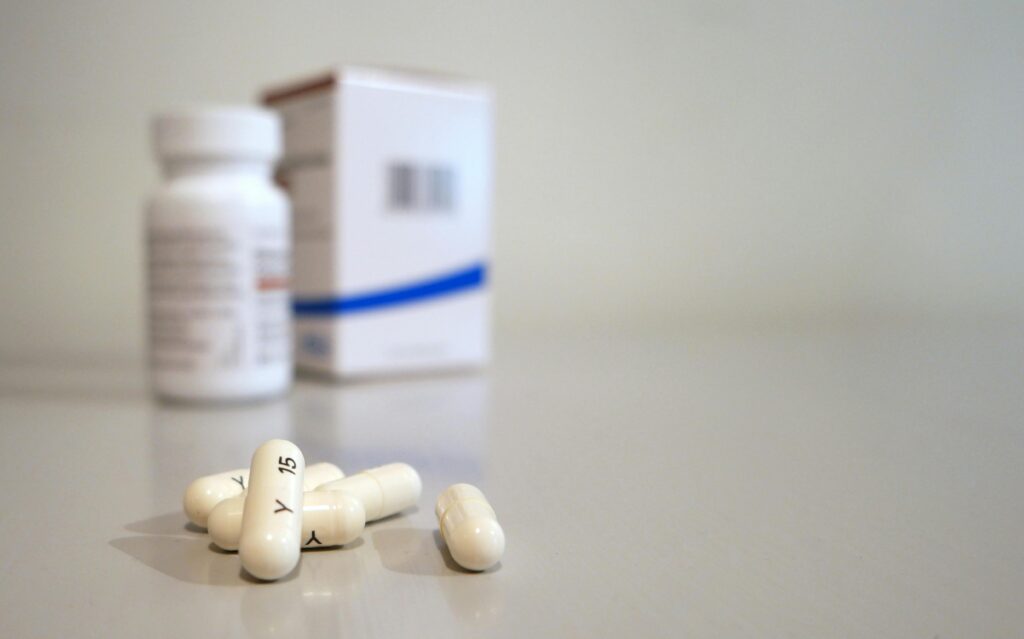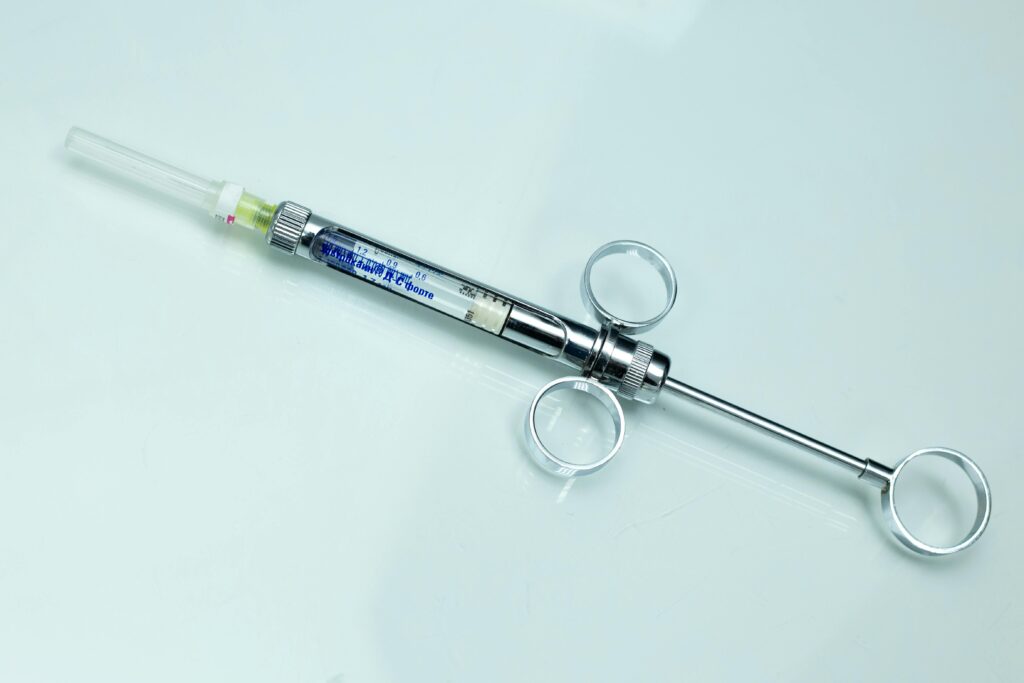Introduction: The Quest to Slow Aging Using Well-Known Medications

Common blood pressure drug slows aging and boosts lifespan even in older animals—this headline recently made waves in the scientific community. It turns out that rilmenidine, a medication used for decades to treat hypertension, might be much more than a heart helper. Emerging research shows it may mimic the effects of caloric restriction, activate longevity pathways, and even extend life—especially in older individuals.
For those interested in longevity science, drug repurposing, or simply staying healthier longer, this discovery could be a game-changer.
What Rilmenidine Is & How It Works

Rilmenidine is an imidazoline receptor agonist, primarily used to lower blood pressure. It acts on the central nervous system, reducing nerve signals that tighten blood vessels. But the fascinating part is its newly discovered anti-aging potential.
In recent studies, rilmenidine activated the nish-1 gene (analogous to the human I1-imidazoline receptor), which is linked to metabolic regulation and stress resistance. This mimics the biological effects of caloric restriction, which is one of the most studied and validated strategies to extend lifespan in animals.
The drug also enhances autophagy (the body’s cellular cleaning system), helps manage oxidative stress, and shifts metabolism in a way that supports longevity—all without the need to starve or fast.
Animal Evidence: From Worms to Mice

🧪 Worm Studies (C. elegans)
Researchers first tested rilmenidine in Caenorhabditis elegans, a commonly used roundworm in aging research. The results were impressive: worms lived significantly longer—even those treated in late adulthood.
Notably, when the nish-1 gene was removed from the worms, rilmenidine failed to produce any benefits. But when it was reintroduced, the anti-aging effects returned. This confirmed that rilmenidine works through this specific longevity pathway.
🐁 Mouse Studies
In mice, rilmenidine didn’t just extend life—it shifted gene expression in the liver and kidney to resemble that of animals on a calorie-restricted diet. These changes were seen in metabolic markers, stress-response genes, and anti-inflammatory pathways.
Even older mice showed positive changes, proving the drug works regardless of age, which is crucial for any real-world longevity solution.
Benefits in Older Subjects – Not Just the Young
What sets rilmenidine apart from many anti-aging treatments is its effectiveness even when started later in life. Many longevity drugs show benefits only if started young, but rilmenidine delivered positive outcomes in older animals.
This makes it highly promising for human application, where most people will be middle-aged or older when starting any anti-aging therapy.
Safety & Real-World Use
One of the biggest advantages of rilmenidine is its clinical track record. It’s been prescribed for over 30 years, with minimal side effects—mainly mild drowsiness or dizziness in some patients.
Unlike experimental longevity drugs like rapamycin or metformin (which are still under intense clinical scrutiny), rilmenidine is already FDA-approved for hypertension and has a well-understood safety profile.
That means researchers can fast-track human trials for its anti-aging benefits without starting from scratch.
Limitations & What’s Next
❌ No Human Lifespan Data Yet
While the animal results are promising, we currently have no human data confirming that rilmenidine slows aging or extends lifespan in people.
🔬 Mechanisms Still Under Study
Scientists are still unpacking exactly how rilmenidine triggers these changes, especially in complex organisms like humans. We need further studies to confirm which biological markers are most affected.
⚖️ Regulatory Challenges
Because aging isn’t officially classified as a disease, getting approval for anti-aging use will require researchers to find surrogate markers—like reduced risk of age-related disease or improved cellular health.
Conclusion: A Cautious Step Toward Longevity Medicine
The idea that a common blood pressure drug slows aging and boosts lifespan even in older animals is both exciting and hopeful. Rilmenidine is an excellent candidate for drug repurposing, thanks to its long-standing safety, oral availability, and strong biological effects seen in preclinical models.
Although it’s too soon to recommend rilmenidine as a longevity supplement, it offers a compelling vision for the future: one where common medications unlock new paths to healthier, longer lives.
Keep an eye on upcoming human trials—rilmenidine may soon become a part of mainstream aging science.
https://drmoodylifestyle.com/category/wellness-mental-health/researches/: Common Blood Pressure Drug Slows Aging and Boosts Lifespan Even in Older Animals📌 Keywords for This Article
- common blood pressure drug slows aging
- rilmenidine anti-aging
- rilmenidine lifespan study
- anti-aging drug for older people
- drug that mimics caloric restriction
- longevity medicine 2025
- rilmenidine autophagy
- best drug to slow aging
- imidazoline receptor and aging
- safe anti-aging treatment in older adults
🔗 Suggested URL for the Blog Post
https://www.drmoodylifestyle.com/blood-pressure-drug-slows-aging
https://www.nih.gov/news-events/nih-research-matters/research-context-can-we-slow-aging: Common Blood Pressure Drug Slows Aging and Boosts Lifespan Even in Older Animals
